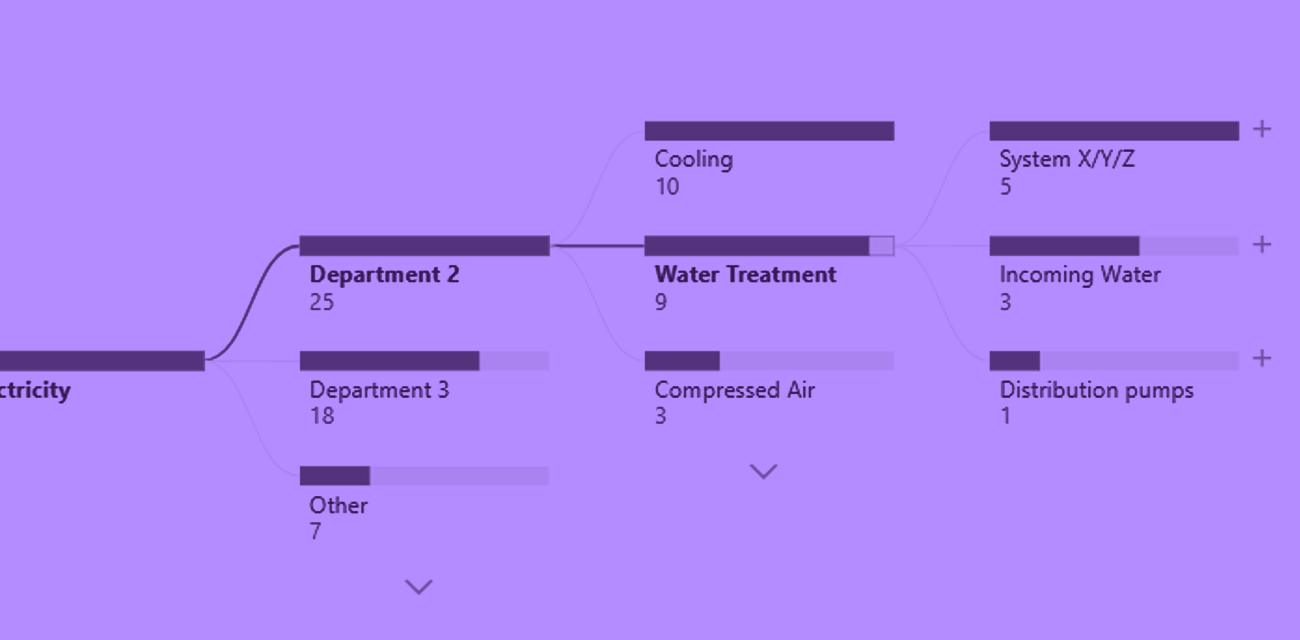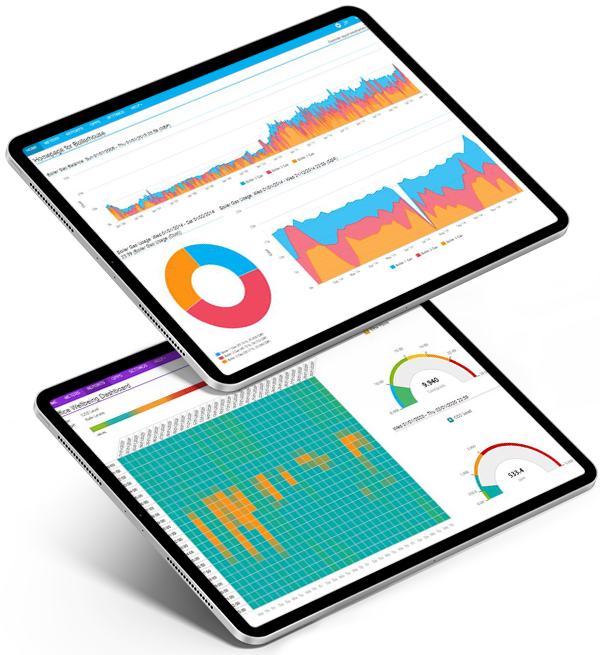We’re taking a look at the Governance of data with a series of articles which delve into this important topic. We provide practical information and helpful case studies so you can put good governance of data into practice. Here we take a look at missing readings- why they are important and how to quantify them.
Businesses are increasingly turning to Energy Management Platforms such as Carbon Desktop to monitor, optimise, and manage their energy consumption. When using detailed insights into energy usage, strong data governance is crucial. Missing readings is a critical challenge which can compromise the effectiveness of using Carbon Desktop.
What Are Missing Readings and Why Do They Matter?
Carbon Desktop relies on continuous real-time data to track energy consumption. If the platform fails to receive or record data from energy meters or other connected devices at specific intervals, Missing Readings will occur. This can happen because of a range of issues, such as network outages, device malfunctions, or communication failures. Missed readings can lead to inaccurate reports, distorted energy trends, and even missed opportunities for energy savings. Over time, undetected missing readings can snowball into significant financial losses and hamper efforts to meet sustainability goals. The ability to detect and resolve these issues quickly is essential.
What happens when Missing Readings have a lack of Governance?
- Inaccurate Energy Insights: Missing readings lead to gaps in data, for example, equipment that is consuming more energy than necessary might get overlooked, or system operation which utilises multiple units is not fully understood.
- Delayed Problem Detection: In the absence of an energy profile, it’s difficult to detect anomalies, equipment failures, or performance issues early on. Early detection is critical for minimising downtime and avoiding costly repairs or replacements.
- Increased Costs: Without real-time monitoring opportunities to implement cost-saving measures such as load-shifting, demand response, or equipment optimization can only happen via guesswork.
- Compliance Risks: For organisations operating under regulatory frameworks such as ESOS, CHPQA and CSRD that require accurate energy reporting, missing readings can lead to non-compliance. This can incur penalties putting the organisation’s reputation at risk.
Missing Readings Report
In Carbon Desktop our missing reading report feature quantifies the number of expected readings, missing readings, and gives the percentage of missing readings.
This report can be sent out to sites on a scheduled basis allowing for rapid review to help site users respond quickly and address the issue, whether it’s a technical malfunction or communication failure.
Our feature can dynamically change the timeframe it reports on, to demonstrate if a dropout is live or historic and needs to be backfilled where possible. Additionally, each meter is helpfully hyperlinked so that it can be interrogated further if required within the report.
Finally, the user can group the list of meters via multiple categories allowing integration on data provider, units, meter type just to name a few allowing the dropouts to potentially be isolated into discrete categories.
Take a look at other articles in our data governance series:
Why is the governance of data important?
Exception alerting: What it is and why you need it
Exception alerting case studies



